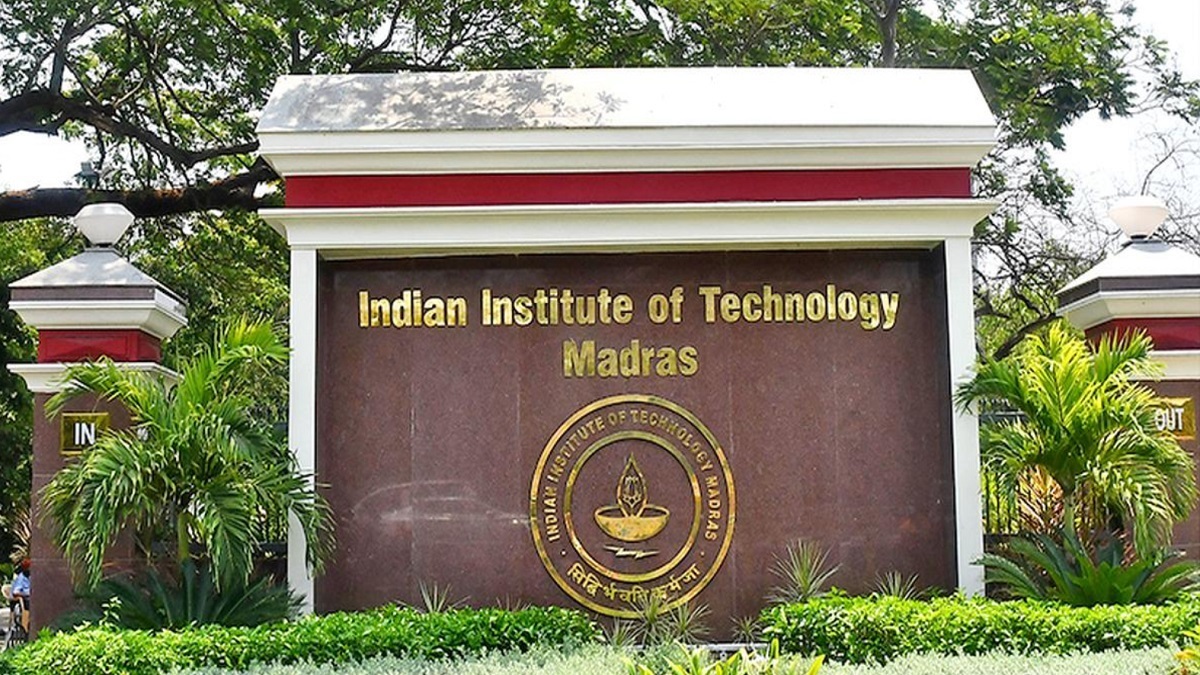IIT Madras, WSAI & ICMR-NIRRCH Team Up to Fight Against Fungal Infections
WSAI, IIT Madras, and ICMR-NIRRCH researchers have developed a systems biology approach to deal with fungal pathogens. Check details
The Indian Institute of Technology (IIT) in collaboration with ICMR-NIRRCH, has developed a data-driven technique to fight the fungal pathogen Candida albicans. The research was led by Prof. Karthik Raman (WSAI, IIT Madras) and Prof. Susan Thomas (ICMR-NIRRCH, Mumbai), the team combined large-scale computational modelling with experimental validation to find critical metabolic weaknesses in the pathogen.
Candida albicans is a species of fungus that generally lives in the human body as part of the normal microbiota. It is commonly found in the mouth, throat, gut, vagina, and on the skin without causing harm in healthy individuals. It causes ‘Systemic candidiasis’, a severe, invasive fungal infection that spreads beyond the mouth, skin, or genital area into the bloodstream and internal organs.
Talking about the importance of this research, Prof. Karthik Raman, Faculty, IBSE, WSAI, IIT Madras, said, “This groundbreaking novel research is vital for diversifying and improving antifungal drugs to bypass resistance. Further it aims to improve patient survival, reduce mortality and lower treatment costs.”

Highlighting the next steps in this research, Prof. Karthik Raman added, “Currently, we have validated the preliminary key findings in animal models, which further need to be validated to understand more detailed mechanistic studies. Next steps would include collaboration with clinical partners to investigate these insights on real-world patient samples and the industry to develop these findings into antifungal treatments. As a whole, the findings underline India’s growing strength in interdisciplinary research and its potential to contribute solutions.”
Read More
Follow Shiksha.com for latest education news in detail on Exam Results, Dates, Admit Cards, & Schedules, Colleges & Universities news related to Admissions & Courses, Board exams, Scholarships, Careers, Education Events, New education policies & Regulations.
To get in touch with Shiksha news team, please write to us at news@shiksha.com

Sanjana Surbhi is education focused content specialist with over five years of experience in education sector. She covers engineering and government exams. She holds Bachelor’s degree in Mass Communication from Patn
Read Full Bio
For the General AI quota, the IIT Madras CSE cutoff 2025 stood at 171 in the first round. Till the last round, the cutoff remained the same, indicating all seats got filled after the first round of the JEE Advanced cutoff. For IIT Delhi and IIT Bombay, the CSE cutoff ranks were closed at 126 and 66, respectively, for the same category. So, considering the cutoff ranks, the IIT Madras cutoff for CSE was comparatively less competitive for admission among the Engineering aspirants as compared to that of IIT Delhi and IIT Bombay.